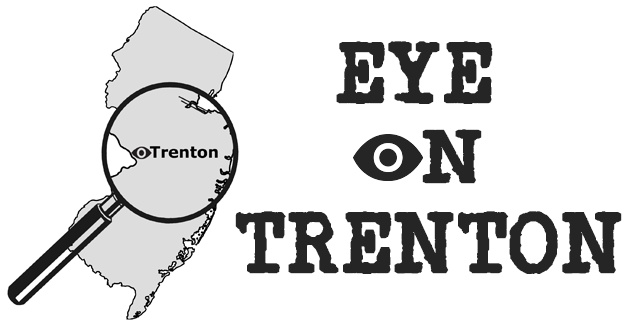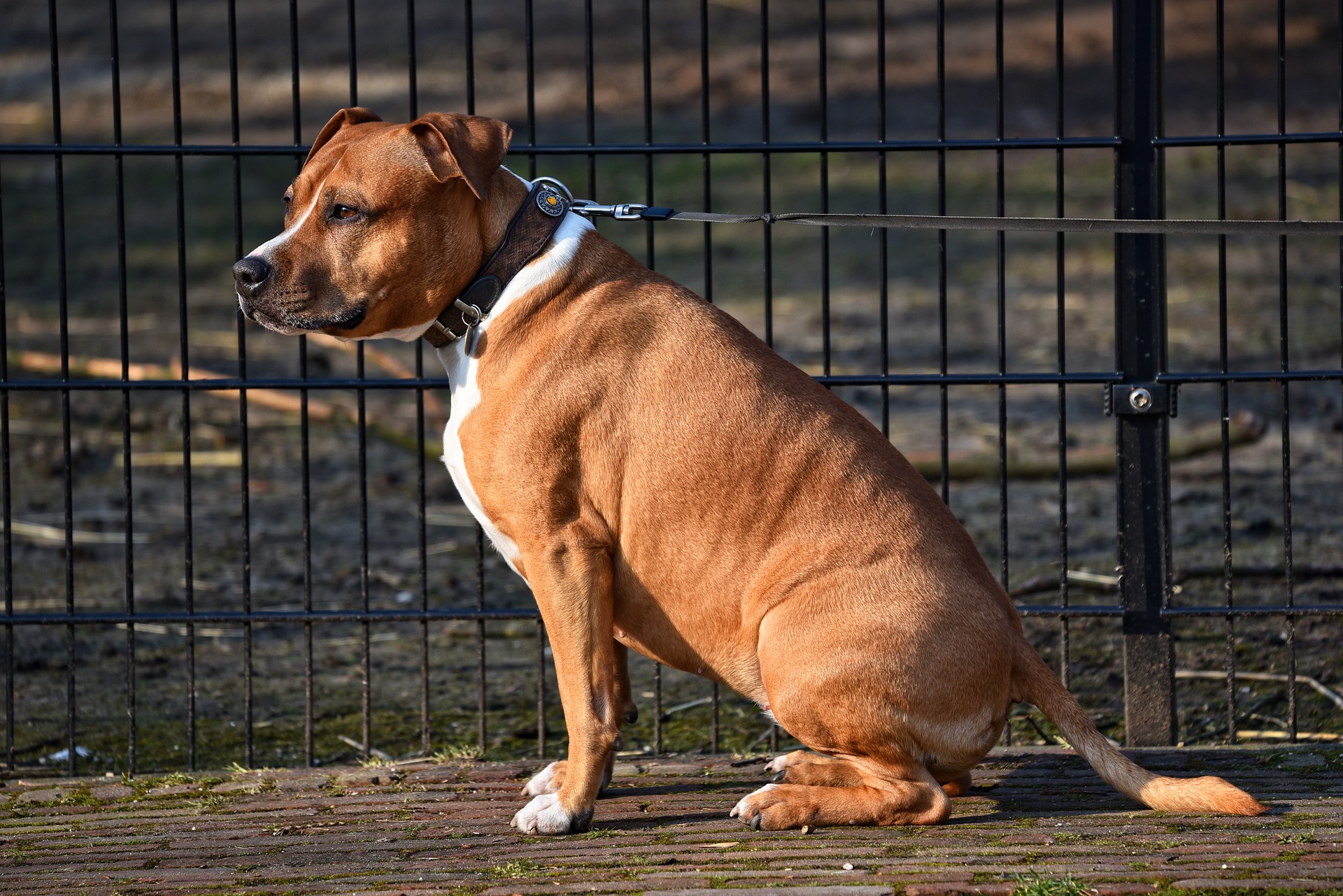****UPDATE #2****: A2401 was re-committed to the Assembly Appropriations Committee, but is being heard once AGAIN in the Assembly Agriculture Committee on Tuesday, June 22nd. Those who wish to submit testify and/or submit comments have until 3pm on Monday, June 21st, using the online Registration form: https://www.njleg.state.nj.us/HearingRegistration/RegistrationForm.asp
***UPDATE*** Senate Bill 3607 was removed from the June 15th Committee Hearing Agenda. The Assembly bill, A2401, has been re-committed to the Assembly Appropriations Committee, where they will consider the financial impacts of the bill on June 16th. As of 10:44pm, the Legislative Calendar has not been updated to reflect this change, but the Registration Form for testifying or submitting comments to the Appropriations Committee is available at this link, and A2401 IS listed on the schedule to be heard this Wednesday: https://www.njleg.state.nj.us/HearingRegistration/RegistrationForm.asp
EARLIER POST
Last Wednesday, the Assembly Agriculture Committee heard testimony (via video conference) on A2401, known as the “Responsible Dog Ownership Act”, sponsored by Assemblyman Benjie Wimberly. According to the sponsor, the bill aims to “hold dog owners liable for serious injury caused by their dogs and establish penalties for certain violations that threaten the safety of our children and all members of our communities.” The bill was released, despite a chorus of strenuous objections from about a dozen animal welfare representatives, including several humane societies, Animal Control officers, and others testifying in opposition to the bill. UPDATE: The Senate version (S3607) was pulled from the Committee hearing tomorrow and will be heard in the Assembly Appropriations Committee on Wednesday, June 16 at 10:30am instead. [Scroll down for more info on contacting legislators about the bill.]
BACK STORY
Until recently, the Responsible Dog Owners Act had no Senate version, but received renewed interest following a tragic attack in March 2021, in which 3-year-old Aziz Ahmed of Cateret was killed by a neighbor’s two pitbulls while playing in his own backyard. The boy’s mother sustained serious injuries that required multiple surgeries, and a GoFundMe fundraiser set up for the family has raised almost $250,000.
The owner of the pit bulls who killed Aziz Ahmed was not charged with a crime, after an investigation showed that although residents had complained about his dogs getting loose before, the owner had technically not violated any laws; the dogs were fenced in on their own property, but dug underneath the fence in between their yard and the Ahmed home. Mrs. Ahmed had complained about the dogs before, to no avail.
In his testimony, Assemblyman Wimberly acknowledged the concerns that have been raised to him from animal welfare experts, and he promised to continue working on the bill to address those concerns. A few amendments were made last week, but animal welfare experts say more are needed.
WHY IS A FLAWED 6-YEAR-OLD BILL SUDDENLY MOVING SO FAST?
Several people have asked me: with so many people speaking up to oppose it, why wasn’t the bill held in order to make the necessary adjustments? The legislative representatives for Carteret include Assembly Speaker Craig Coughlin, one of the most powerful people in the NJ State Legislature, along with district mates Assemblywoman Yvonne Lopez and Senator Joseph Vitale. Coughlin and Lopez both signed on as co-prime sponsors to A2401 after the attack, with Vitale filing a Senate version (S3607) along with Senator Nellie Pou on April 19, 2021. The attack on Aziz gained national attention, and since this happened in their legislative district, it is spurring them to act quickly to address the tragedy.
THE ASSEMBLY HEARING
The only attendee who testified in favor of the bill was Assemblyman Wimberly, who first introduced the legislation in 2015, after a fatal dog attack that occurred in Paterson when a 13-year-old boy was killed by a bull mastiff. A letter of support from Assemblywoman Lopez was also read into the record by a Committee Aide about an hour into the hearing. (The timing of it made me wonder if her comments had been submitted ahead of time, or if she was made aware of the large number of people speaking up against the bill, and wanted to offer one more voice in favor of it.) Everyone else who testified or submitted comments went on record as being strongly opposed to the bill. After reviewing the bill and listening to all of the testimony, I agree that the bill has some unanswered questions that need to be addressed before it can become law.
Committee members themselves expressed concerns over the bill. Assemblyman Parker Space raised questions regarding whether or not the bill’s leashing restrictions would apply to hunters using dogs in the course of tracking game, but an answer was not immediately available from the sponsor. Assemblyman Space also expressed concerns about residents who could not afford fencing, and questioned how this law would affect dog parks. He ended up being the Committee’s sole No vote.
Assemblywoman Lisa Swain expressed concern for how the bill was approaching the issue of responsible dog ownership. She mentioned that, as an avid runner, she has been attacked by small dogs more often than large dogs, and this bill singles out large dogs for some of its provisions.
Assemblyman Houghtaling mentioned that he never lets his dog out on his property unleashed, so he was of the impression that he would not need to install a fence. [That is not what the bill says, and he was later corrected by someone who testified against the bill.]
Despite the reservations expressed, the bill was released. Assemblyman Parker Space voted No, while Assemblymembers Houghtaling, Murphy and Swain voted Yes. Both Swain and Murphy expressed reservations about the bill, but said they were reassured by Asm. Wimberly that he would continue to address concerns raised.
After the bill was released, several of those who testified and asked for the bill to be held could be seen on the video shaking their heads in disappointment.
WHAT THE BILL DOES
- Requires the Department of Health, within 6 months of enactment of the bill into law, to adopt regulations establishing what size dog would constitute a large dog necessitating fencing, including the establishment of height and dimension requirements needed to restrain large dogs
- The DOH will also establish standards for leashing, restraining, and restricting the movement of dogs of all sizes when it is off the property of its owner
- Permits the use to invisible fencing and other fencing options (like dog runs) for those who reside in condos, townhomes, and rental properties, where fencing may be restricted
- Instructs the DOH to develop and adopt model ordinances that can be consistently applied by all municipalities in NJ
- Directs municipalities to establish a dedicated fund to pay for the enforcement requirements set forth in the bill, permitting them to earmark fees collected from dog licenses and registrations for this purpose
- Directs municipalities to establish and publicize a phone number for reporting violations of the regulations set forth in the bill, to provide list of the provisions set forth in the bill to dog owners who register their pets, and to issue a “Large Dog Registration Number” for any dogs registered who fit the DOH criteria for large dogs.
- Establishes fines of $500 to $2,000 per day to dog owners who do not comply with the fencing requirements set forth in the bill in a timely manner, and revocation of the dog’s registration
- Establishes fines of $500 to $2,000 per day to all dog owners who violate leashing and restraint ordinances and regulations
- Establishes criminal liability for all dog owners whose unleased or unrestrained dog inflicts bodily injury, serious bodily injury, or kills a person in a residential neighborhood, park, or other public open space. If it is determined that the dog owner purposely, knowingly or recklessly allowed their dog to be off leash/unrestrained and the dog kills someone in an unprovoked attack, the dog owner can face criminal charges for reckless homicide. The bill establishes additional criminal penalties, based upon the level of injury and the age of the victim, which could have dog owners facing charges of assault and aggravated assault. The degree of the assault will vary depending upon the age of the victim and severity of the attack, with steeper penalties for dog owners whose dogs attack a child.
- If an unleashed/unrestrained dog threatens a child and no bodily injury occurs, the dog owner can be found guilty of a disorderly persons offense. (Note, the bill does not define what constitutes “threatening” behavior. In New Jersey, those convicted of a disorderly persons offense can face fines up to $1,000 and up to six months in jail.)
MAIN OPPOSITION POINTS
Other than the bill’s sponsors, all of the people who testified on the bill or submitted comments to the Committee spoke in strong opposition to some key components. Even Committee members who voted to release the bill expressed reservations as they did so, calling for the sponsors to make additional adjustments before bringing the bill to a full legislative vote. Many of those who testified against the bill recognized the awful tragedy that sparked renewed interest in the legislation, and said that while the bill is well-intentioned, it has many flaws that must be addressed before proceeding further. Here are the main points that were brought up by those opposed to the bill:
- 99% of municipalities in NJ already have leash laws and ordinances in place that require dog owners to act responsibly; municipalities need to crack down and enforce these regulations consistently. Enforce leash laws, not fencing laws.
- Requiring dog owners to install fencing is punitive for those of lower socioeconomic means, and could lead to dog owners giving up their dogs because they cannot afford to put up the required fencing.
- NJ has a statute that prohibits passing legislation that discriminates against certain dog breeds. By targeting “large dogs” the fencing aspect of the bill attempts to circumvent that statute.
- Dog owners who can’t afford to meet the bill’s requirements may have to give up their beloved dogs to a shelter, causing shelters to be overwhelmed across the state.
- The bill could discourage people from adopting dogs especially large dogs, leading more dogs to be euthanized in shelters. The threat of potential costs, overall stigma, and visits from law enforcement could have a chilling effect on ownership for all types of dogs, not just large breeds.
- This bill could actually increase the number of unleased/unrestrained dogs, and give rise to more attacks. Dog owners who cannot afford the mandatory fencing and/or are afraid of other aspects of the bill may simply turn their dogs loose in the neighborhood, hoping someone else will take the dogs in, rather than turn them over to a shelter.
- The bill may discourage dog owners, particularly those with large dogs, from registering their pets, hiding them from local officials and others. This could lead to pet owners forgoing vet visits and routine medical care for their pets as well.
- The fencing provisions in the bill would not have avoided either of tragedies that occurred that spurred the bill’s movement: in both the incident in Paterson 8 years ago and the one that just happened in Carteret, the dogs resided at homes with fencing.
- National studies show that 90% of dog owners do not have fencing, and this bill would be prohibitively expensive for many residents. The average cost for installing 150 linear feet of fence ranges anywhere from $3,000 to $9,000 dollars.
- Small dogs are just as dangerous as large dogs, yet large dogs are being singled out.
I did not testify against the bill, but after learning more about it, I have concerns about this legislation in its current form. Several key aspects of the bill are not clearly defined, including the definition of a “large dog” and the criteria that would constitute “threatening” behavior from a dog that would trigger a disorderly persons charge for the dog owner. (Disorderly persons offenses, while not criminal in nature, will still show up in routine background checks.) I also agree with Assemblyman Space that the issue of Dog parks is not adequately addressed, especially as it pertains to potential liability issues. Dog parks typically feature a fenced-in area where dogs can socialize and run around unleashed. If a dog acts “threatening” in that situation, what is the potential liability? If an injury occurs, can the town in which the dog park is located be held liable for damages? I believe there are many potential consequences that have to be considered before this bill goes up for a full vote.
TO TESTIFY OR SUBMIT COMMENTS TO THE COMMITTEE on A2401 [UPDATED 10:45pm June 14]:
The Senate Environment & Energy Committee will NOT hear S3607 on Tuesday, June 15th — instead, Assembly bill A2401 will be heard in the Assembly Appropriations Committee on Wednesday, June 16th at 10:30am. Due to the public health emergency, the State House Annex remains closed to visitors and members of the public will not be allowed to attend the meeting in person, unless properly registered to testify on a bill under consideration. CLICK HERE TO REGISTER. If you wish to testify, check the box ‘Do you wish to testify?’ on the form. The form must be submitted by 3:00 PM on Tuesday, June 15, 2021.
The public is also encouraged to submit written testimony electronically in lieu of oral testimony. Written testimony will be included in the committee record and distributed to committee members. Written testimony should be emailed to OLSAideAAP@njleg.org
TO CONTACT MEMBERS OF THE ASSEMBLY APPROPRIATIONS COMMITTEE DIRECTLY:
AsmBurzichelli@njleg.org, AsmSchaer@njleg.org, AsmBergen@njleg.org, AsmConaway@njleg.org, AsmDeAngelo@njleg.org, AsmMcClellan@njleg.org, AswMosquera@njleg.org, AswPintorMarin@njleg.org, AsmRooney@njleg.org, AswTucker@njleg.org, AswWebber@njleg.org
Assemblyman Burzichelli, Committee Chair, 856-251-9801
Assemblyman Schaer, Vice Chair, 973-249-3665
Assemblyman Bergen, 973-539-8113
Assemblyman Conaway, 856-461-3997
Assemblyman DeAngelo, 609-631-7501
Assemblyman McClellan, 609-778-2012
Assemblywoman Mosquera, 856-232-6700
Assemblywoman Pintor Marin, 973-589-0713
Assemblyman Rooney, 973-237-1362
Assemblywoman Tucker, 973-926-4320
Assemblyman Webber, 973-917-3420
ADDITIONAL INFO
Read the ASPCA’s statement on why they oppose breed-specific legislation
An informative Facebook post about the bill from Alan Rosenberg, author of the NJ ANIMAL OBSERVER blog Alan testified at the hearing and encouraged NJ to follow the successful model for reducing dog bite incidents that was implemented in Dallas, Texas.
News coverage of the bill:
Friends have set up a GoFundMe page for the family of Aziz Ahmed, the 3-year-old Carteret boy who was killed by two unrestrained dogs in March, 2021. https://www.gofundme.com/f/Ahmed–memorial-fund?utm_medium=referral&utm_source=unknown&utm_campaign=comms_wrd6+Ahmed–memorial-fund
The State of NJ prohibits the passage of breed-specific legislation, so it’s unclear what breeds will be affected by the “large dog” aspects of the bill. However, Assemblyman Wimberly did mention the CDC’s list of dangerous dog breeds most commonly associated with dog bite fatalities, including:
- Pit Bulls
- Rottweilers
- German Shepherd
- Huskies
- Alaskan malamute
- Doberman Pinscher
- Chow Chow
- Great Dane
- St. Bernard
- Akitas
TO CONTACT MEMBERS OF THE SENATE ENVIRONMENT & ENERGY COMMITTEE ABOUT THE SENATE BILL:
SenSmith@njleg.org, SenGreenstein@njleg.org, SenBateman@njleg.org, SenCodey@njleg.org; SenCorrado@njleg.org,
Senator Bob Smith, Committee Chairman 732-752-0770
Senator Linda Greenstein, Committee Vice Chair, 609-395-9911
Senator Kip Bateman, 908-526-3600
Senator Richard Codey, 973-535-5017
Senator Kristin Corrado, 973-237-1360




